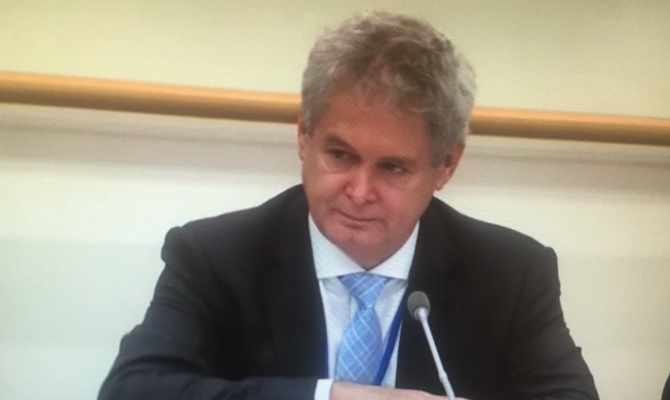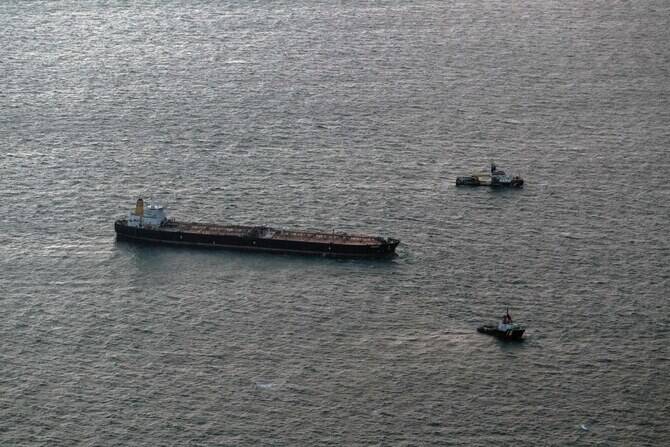NEW YORK: Turkey is engaged in an “expansionist and imperialistic policy” that is creating “very, very explosive and dangerous” problems for neighboring countries, according to Andreas Mavroyiannis, the permanent representative of Cyprus to the UN.
Turkey and Greece have been fighting over Cyprus for decades. In 1974, the ruling Greek military junta staged a coup in an attempt to incorporate the island into Greece. In response, Turkey invaded and, after gaining control of the north, unilaterally declared the establishment of the Turkish Republic of Northern Cyprus.
Almost 50 years later, tensions between Greece and Turkey continue to run high and recent developments, including a dispute over rights to energy resources in the eastern Mediterranean, have raised concerns that they could escalate into open conflict.
Last year, Ankara signed a maritime accord with the Libyan Government of National Accord and began gas exploration operations in areas of the Mediterranean Greece considers part of its economic zone. More recently, Turkey sent survey vessels close to areas the Cypriot government have licensed to multinational companies to explore for oil and gas.
“Recently, we have this more hegemonic Turkish policy in the area,” said Mavroyiannis in an exclusive interview with Arab News. “(It is an) expansionist and imperialistic policy that creates problems for all neighbors.
“The (Turks) are trying to create a fait accompli and the situation is very, very explosive and dangerous.”
He conceded that his country’s small size and lack of military power means that its options for responding to Ankara’s actions are limited to diplomatic and political channels.

Exploratory drilling by Turkey's research vessel Oruc Reis on waters claimed by Greece has raised tensions in the eastern Mediterranean. (AP file photo)
“But this is (only the situation) for us,” said Mavroyiannis. “I understand and appreciate that for other neighbors — and in particular Greece, which is now the focus of the Turkish expansionist policies — it is very different.
“Greece not only has the means to react (but) it is compelled to use those means if Turkey continues with its current violations of international law and of maritime zones.”
The dispute between Greece and Turkey escalated in August when Ankara sent survey vessels, accompanied by Navy warships, to explore gas reserves in the eastern Mediterranean. During the standoff that followed, Greek and Turkish warships were involved in a minor collision.
Athens subsequently announced significant weapons purchases, along with plans to expand its armed forces.




























